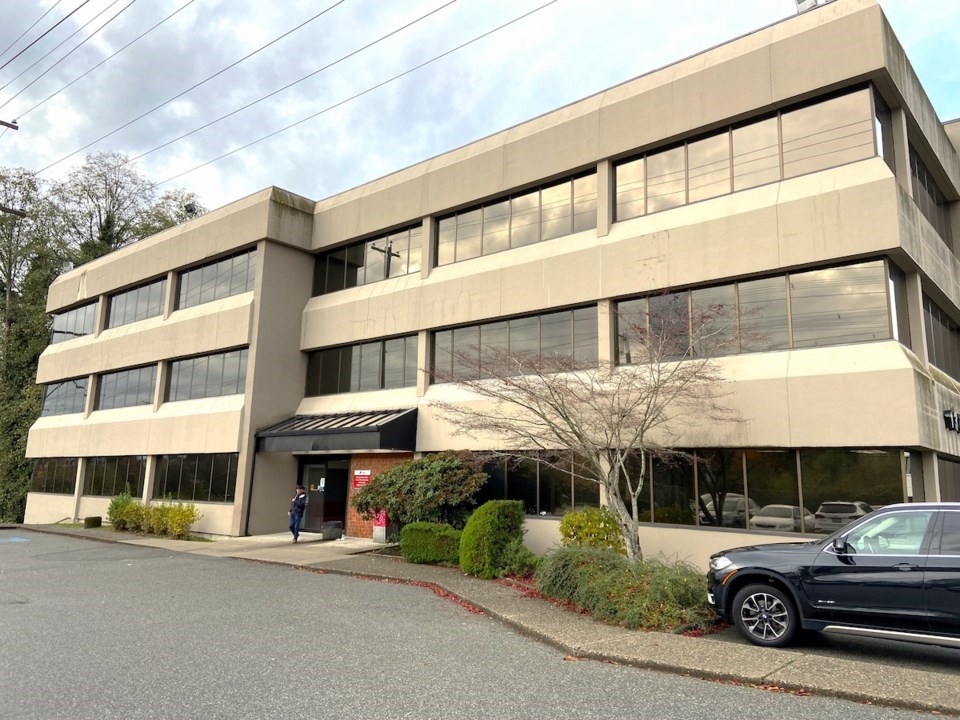Class B and C office space represents a low-cost alternative, with average lease rates from 30 per cent to 50 per cent less than in modern Class A towers.
In downtown Vancouver, for example, the average rent for prime office space is $51.04 per square foot, compared to per-square-foot averages of $35.24 for Class B and $26.75 in Class C space, according to first-quarter 2023 data from JLL Canada.
The less-expensive space is also often in established neighbourhoods – such as Yaletown or suburban downtowns - and may feature heritage aspects, such as hardwood floors and exposed bricks, that make them popular with tech startups and creative tenants.
However, landlords of Class B and C space are finding it difficult to lure remote workers and their employees, according to Altus Group.
As tenants have found themselves in a stronger negotiating position, they tend to look for deals in Class A properties, leaving B and C space vacant, noted Ray Wong, Altus vice-president of data strategy.
As of the first quarter of this year, there was 1.9 million square feet of vacant Class B space and 760,000 square feet of empty Class C space across Metro Vancouver.
“The challenge is to create space that workers genuinely want to return to via amenities and other features [the carrot], rather than forcing them to go where they don't want to [the stick]”,Wong noted.
Wong noted it can be prohibitively expensive to upgrade Class B and C space to Class A standards, but he said some popular features can offer a significant return on investment
One especially popular feature to add is collaboration space. Forget the Foosball tables and bars of the tech-boom years. Such spaces should be comfortable with chairs and couches and whiteboards and AV systems that make informal meetings and collaboration easier, Wong said.
“These improved spaces are cropping up from Vancouver to Toronto, and Los Angeles to New York, according to office managers: some space for small groups of three or four, others for a dozen or more.”
Flexible leases may offer a more pragmatic approach, however .
“Leasing flexibility means much shorter terms, but also the ability to expand a corporate footprint more easily than before, or for companies to give back space they don't need anymore,” Wong explained. “Flexible leasing and lower rents can allow less-desirable space to compete with Class A space, especially for back-office uses. Good lease terms can be part of an owner's strategy that helps keep some office buildings afloat.”



